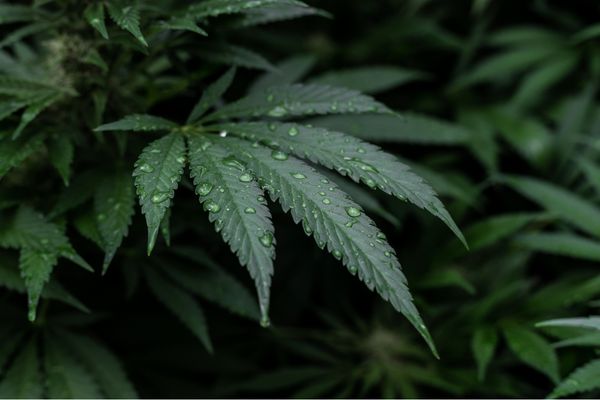
- Details
- By Native News Online Staff
The Cayuga Nation in upstate New York is moving forward in their attempt to shutter what they allege is an “illegal cannabis business” run by a tribal member in a residential area.
The Cayuga Nation and two nearby non-Native homeowners sued the Town of Seneca Falls and a local Native cannabis business owner in November 2021 for “purportedly selling marijuana from a front lawn shed on a residential street in violation of the town’s zoning code,” according to a statement from the tribe.
“We believe that the sale of marijuana by this individual within a residential district poses a substantial risk of harm to residents of the area as well as the public at large,” the attorney for the plaintiffs, Lee Alcott, wrote to in a letter to the Town of Seneca Falls on Oct. 25, 2021.
“We therefore request that the Town take immediate steps to enforce the zoning law against the owner and operator of this property.” The complaint was filed with the Seneca County Clerk two weeks later.
The Nation has been operating its own cannabis businesses for recreational use since February 2022.
The Seneca County Supreme Court initially dismissed the case on the grounds that the Nation and local homeowners did not have “standing” to file the suit, but the Appellate Division unanimously reversed the lower court’s decision on Feb. 3.
“The Cayuga Nation enforces its own laws to regulate businesses on our reservation, and we expect that municipalities will do the same with respect to non-Cayuga business,” Clint Halftown, the Nation’s federal representative, said in a statement.
The suit will now go forward in the New York State Supreme Court.
“The Nation remains hopeful that the Town will take action to shutter this business and return peace to the residential area,” Halftown said.
Carlin Seneca-John, the owner of the disputed business Gramma Approved Sovereign Trades, was not available for comment before press time.
More Stories Like This
Native News Weekly (August 25, 2024): D.C. BriefsUS Presidents in Their Own Words Concerning American Indians
Two Murdered on Colville Indian Reservation
NDAA passes House; Lumbee Fairness Act Advances
NFL, Vikings to Host Native All-American Game, Youth Flag Clinic
Help us defend tribal sovereignty.
At Native News Online, our mission is rooted in telling the stories that strengthen sovereignty and uplift Indigenous voices — not just at year’s end, but every single day.
Because of your generosity last year, we were able to keep our reporters on the ground in tribal communities, at national gatherings and in the halls of Congress — covering the issues that matter most to Indian Country: sovereignty, culture, education, health and economic opportunity.
That support sustained us through a tough year in 2025. Now, as we look to the year ahead, we need your help right now to ensure warrior journalism remains strong — reporting that defends tribal sovereignty, amplifies Native truth, and holds power accountable.
 The stakes couldn't be higher. Your support keeps Native voices heard, Native stories told and Native sovereignty defended.
The stakes couldn't be higher. Your support keeps Native voices heard, Native stories told and Native sovereignty defended.
Stand with Warrior Journalism today.
Levi Rickert (Potawatomi), Editor & Publisher


